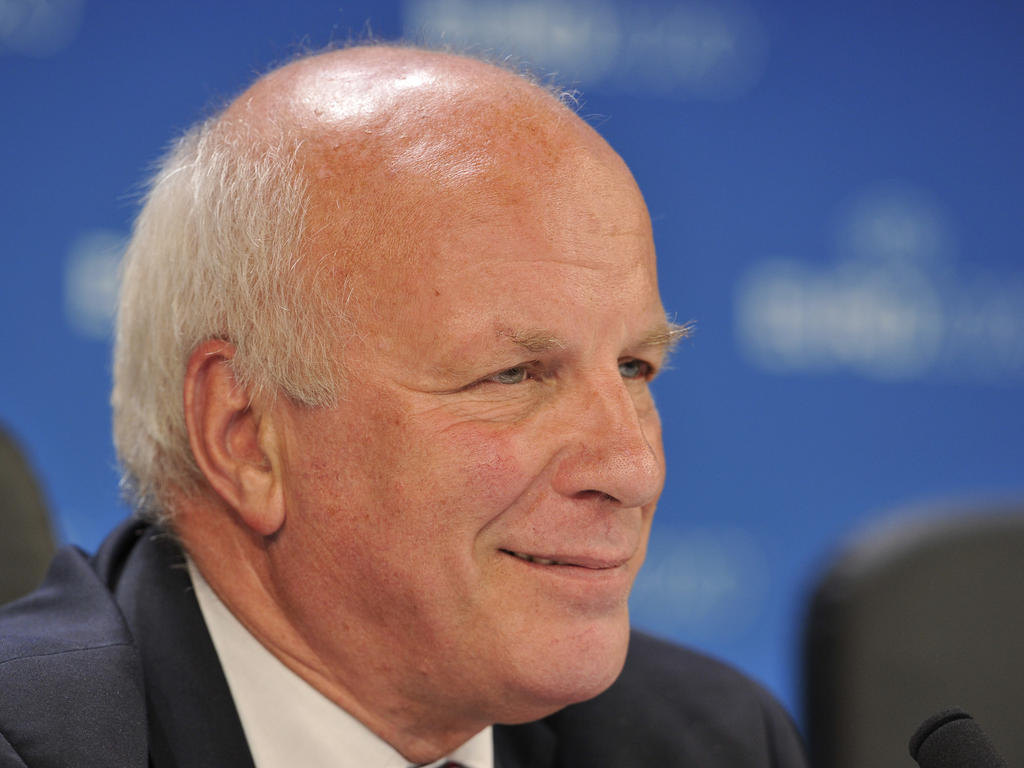FA bid for permit change to improve homegrown development

Football Association chairman Greg Dyke has unveiled a plan to encourage Premier League clubs to unearth their own homegrown stars by making it harder for foreign players to secure work permits.
Stricter rules, approved by the home office on Friday, will come into force from May 1 and intend to reduce the number of non-European Union players, who are seen as blocking the way for English youngsters to breakthrough into Premier League teams.
Only 35 per cent of those currently playing in the top flight are English and Dyke wants that figure to rise to around 40 per cent in the next five years.
Dyke also wants to persuade the Premier League to drop the number of non-home grown players allowed in a 25-man squad from 17 to 13 and to adjust the definition of 'home grown' so that players only qualify if they are registered for three years prior to turning 18, rather than 21.
The Premier League are understood to have serious reservations about both changes to the home grown players rule, including whether there would be legal implications.
But Dyke plans to use the example of Tottenham's young striker Harry Kane, who has scored 29 goals in all competitions this season to earn a first call-up to the England squad for their forthcoming matches.
"We will go round (the clubs) and try to convince them. We will ask: 'Are you sure you haven't got a Harry Kane playing in your youth side?'," Dyke said on Monday.
"It must help negotiations mustn't it? Suddenly an English kid who was out on loan at four different places, who was touch and go to get a game in the first team, is suddenly the top scorer in English football.
"It's great news. How many more Harry Kanes are there out there, who just can't get a game?"
The new work permit rules, which apply across the Football League as well, will see prospective non-EU players given points for various criteria including the agreed transfer fee and wages, international caps, and the level of league and club they are joining from.
The player must be an international from a country ranked in FIFA's top 50, rather than the top 70 as it is currently, and the number of caps required will be staggered depending on the country's status.
"The Premier League has already embraced the idea of Home Grown Player requirements, but the current rules are not having the desired impact," Dyke said.
"These proposed changes will encourage clubs to play the genuine home-grown talent that is being developed through their and other academies."





